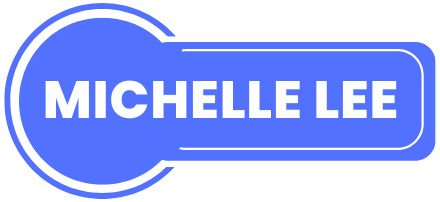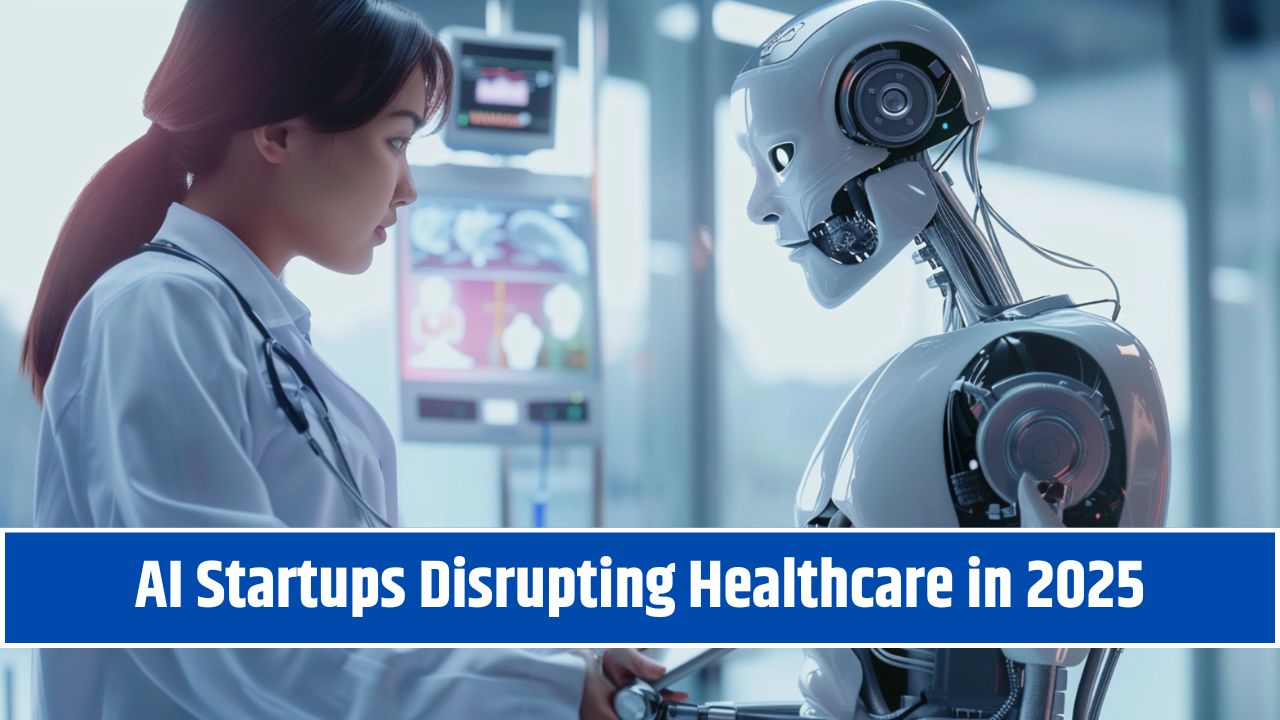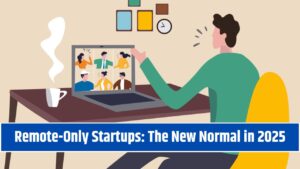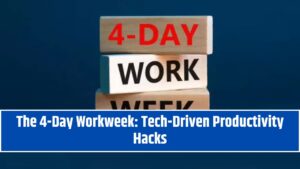“So… is it safe if an AI diagnoses me?”
Great question. And in 2025? The answer is increasingly: probably more accurate than your human doc on a bad day.
But this isn’t a sci-fi episode or an AI-takes-over-doctors dystopia. What we’re seeing is real, human-centered, and happening fast — thanks to a new wave of AI startups flipping the entire healthcare game on its head.
From detecting cancer earlier than ever, to cutting down ER wait times, to even helping therapists scale their impact — these new players are solving big problems that the healthcare system has been dragging its feet on for years.
Let’s break down what’s going on, who’s leading the charge, and how it affects you, whether you’re a patient, investor, or someone who’s just tired of waiting three months for a 15-minute appointment.
The Healthcare Problem We’ve All Felt
Before we get into the cool tech, let’s talk about why healthcare is primed for disruption:
- Doctors are overworked. (Burnout is at all-time highs.)
- Patients wait weeks for appointments.
- Hospitals are expensive to run and often inefficient.
- Preventive care? Still underfunded.
- Errors? Still happen. A lot.
So yeah… broken system, meet machine learning.
Why 2025 Is a Breakout Year for AI in Healthcare
Three things happened that made this moment possible:
- Massive healthcare datasets (EHRs, imaging, genomics) are now digitized.
- Computing power caught up with healthcare’s complexity.
- Investors woke up to the trillion-dollar opportunity.
Now, AI startups are jumping in with tools that don’t just help — they transform.
Let’s look at the front-runners.
1. Abridge – The Doctor’s AI Scribe
“Let doctors be doctors again.”
Abridge uses natural language processing (NLP) to listen in on doctor-patient conversations and turn them into clinical notes in real time. No typing. No scribbling. Just a conversation — with AI doing the admin.
Why it matters:
Doctors spend ~2 hours on paperwork for every hour with patients. Abridge gives that time back.
2025 Update:
- Integrated into 40+ hospital systems
- Cut note-taking time by 80%
- Expanded into multilingual support for global use
2. Owkin – AI for Drug Discovery & Cancer Diagnosis
Based in France and NYC, Owkin uses federated learning (a privacy-first AI method) to predict cancer treatment outcomes, discover biomarkers, and optimize clinical trials without centralizing data.
Why it matters:
They’re helping pharma companies create life-saving drugs faster — and with less trial-and-error.
2025 Update:
- Partnered with major pharma brands
- Slashed clinical trial costs
- Identified novel pathways for rare cancers
3. Lunit – AI-Powered Medical Imaging
This South Korean startup uses AI to analyze X-rays, CT scans, and mammograms to detect abnormalities earlier than the human eye.
Why it matters:
In low-resource settings, AI can act like a “super-radiologist” — catching things that would otherwise be missed.
2025 Update:
- In use across hospitals in 20+ countries
- Achieved 97% accuracy in lung cancer detection
- FDA-cleared for autonomous diagnosis in certain cases
4. Woebot Health – The AI Therapist in Your Pocket
“How are you really feeling today?”
Woebot is a mental health chatbot trained in cognitive behavioral therapy (CBT). It’s not trying to replace therapists — it gives users 24/7 support and triages who needs human help.
Why it matters:
Therapists are expensive, scarce, and in high demand. Woebot fills the gap for people who just need support now.
2025 Update:
- Used by over 15 million people
- Partnered with insurers for reimbursed care
- FDA-cleared as a digital therapeutic for mild depression
5. K Health – The Smart Virtual Primary Care App
Imagine an AI-powered app that asks you what’s wrong, compares your symptoms to millions of anonymized cases, and gives you treatment options — before you even talk to a doctor.
That’s K Health.
Why it matters:
Most people just want to know: “Is this serious?” — K Health answers that faster than a Google search (and with way less fear).
2025 Update:
- Serves over 10 million users
- AI-driven triage reduces unnecessary visits
- 92% patient satisfaction
6. Insilico Medicine – AI for Aging & Drug Discovery
Insilico is focused on using generative AI to design new molecules for age-related diseases. Think deep learning + longevity + pharma.
Why it matters:
Aging is the biggest risk factor in most major diseases. If we can slow it down, we save lives and costs.
2025 Update:
- Generated and tested 50+ new compounds
- One drug in Phase II trials for pulmonary fibrosis
- Partnered with anti-aging clinics for personalized care plans
7. DeepScribe – AI-Powered Clinical Documentation
Similar to Abridge, DeepScribe listens during medical appointments and turns the whole convo into clean, usable EMR notes.
Why it matters:
It doesn’t just save time. It cuts down on burnout and billing errors. It’s peace of mind, packaged in code.
2025 Update:
- Integrated with 30+ EHR systems
- Helped save $3B+ in admin costs
- HIPAA-compliant + expanding to specialists
So… Should You Trust an AI Doctor?
Short answer? Yes — with human oversight.
These startups aren’t about replacing your doctor. They’re about:
- Augmenting decisions with massive data
- Freeing up time for actual patient care
- Catching errors that humans might miss
- Reducing costs across the entire system
We’re not talking “Doctor GPT” giving you surgery instructions. We’re talking AI-assisted humans delivering better care.
The best metaphor?
Think pilot + autopilot — not autopilot alone.
What Investors, Patients & Professionals Need to Know
For investors:
- Healthcare AI is a $188B opportunity by 2030
- Focus is shifting from diagnostics to care delivery and personalization
- Regulatory approval (FDA, CE mark) = moat
For patients:
- More access
- Lower costs
- Faster results
- Better preventive care
For doctors and hospitals:
- AI isn’t your enemy — it’s your admin assistant, research partner, and second opinion
- Early adopters will save time and retain patients
- Training your team to use AI tools = future-proofing
What’s Next?
Expect big moves in:
- AI + wearables for real-time chronic care
- Predictive hospital staffing and resource allocation
- AI for health equity — reaching rural or underserved areas
- Generative AI for clinical trials, drug design, and patient education
And yes — the conversation around data privacy, algorithmic bias, and AI regulation is heating up. Because while AI can save lives, it needs to be used responsibly and transparently.
Final Thought: This Isn’t Science Fiction — It’s Science in Action
We’ve spent years complaining about broken healthcare systems.
These AI startups?
They’re not waiting for permission. They’re rewriting the rules, turning medicine from reactive to proactive, from slow to smart, from clunky to actually kind of beautiful.
Whether you’re a founder, a patient, a nurse, or just someone trying to understand what’s coming — one thing is clear:
The AI health revolution is here. And it’s not just helping — it’s healing.




